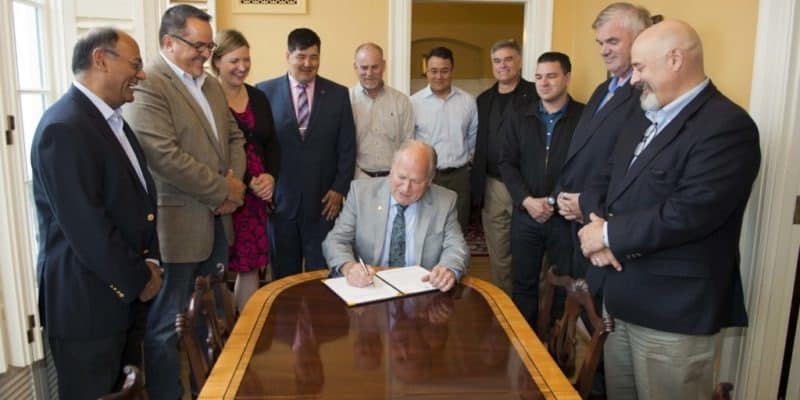Tracy Loew, Statesman Journal
Published 10:33 a.m. PT Aug. 24, 2017
Updated 10:34 a.m. PT Aug. 24, 2017
State environmental regulators have fined Oregon Health & Science University and a prominent contractor it hired a total of $37,600 for violating asbestos regulations during renovations at OHSU’s Oregon National Primate Research Center.
The renovations took place in July 2016 at OHSUs Colony Annex, at 505 NW 185th Ave. in Beaverton. The violations likely released asbestos fibers into the air and exposed the public, the state Department of Environmental Quality said.
OHSU was fined $10,400 for hiring an unlicensed asbestos abatement contractor. It also was cited for failing to have an accredited inspector survey the facility for asbestos prior to the renovation.
The penalty was reduced because OHSU later hired a licensed asbestos abatement contractor to remove remaining asbestos at the facility, and decontaminated the Farmington Landfill in Aloha, where the asbestos had been taken.
The contractor, Aloha-based In Line Commercial Construction, was fined $27,200 for conducting an asbestos abatement project without being licensed to do so, and for disposing of asbestos-containing waste at the landfill, which was not authorized to accept it.
The company also was cited for failing to have an accredited inspector survey the building for asbestos before the renovation, and for storing asbestos containing waste in uncovered drop boxes at the facility.
In Line Commercial Construction has completed other major renovations for OHSU, including a remodel of the emergency room.
Asbestos fibers are known to cause lung cancer, mesothelioma and asbestosis, DEQ said. There is no safe level of exposure.
Both OHSU and the contractor were negligent, DEQ said.









